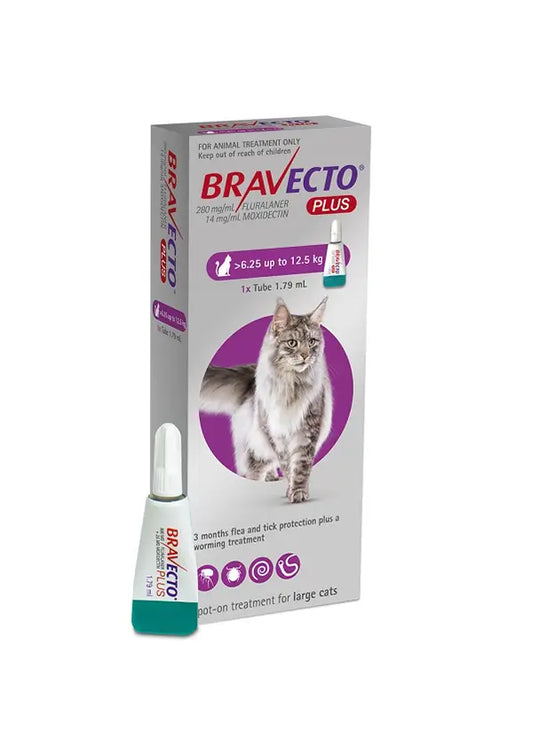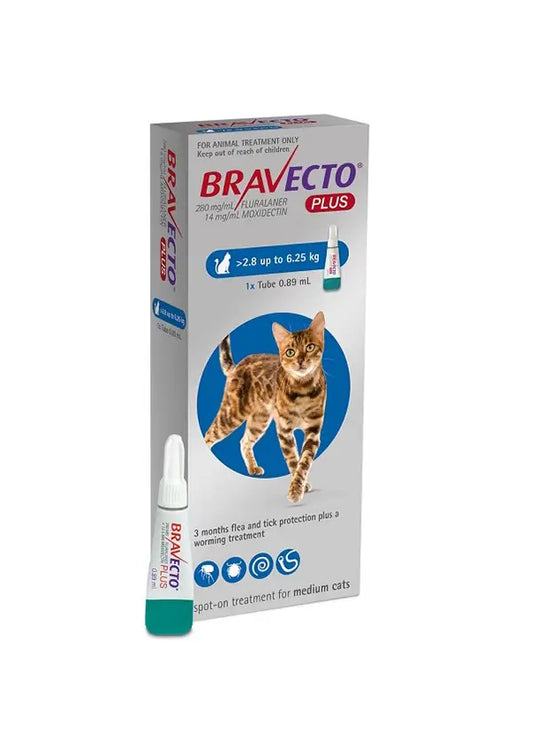
Signs Your Dog Might Need Flea, Tick, or Worm Treatment
Dogs love to explore the world, which sometimes means they pick up a few uninvited guests along the way—like fleas, ticks, or worms. While regular treatments are important, there are some signs that might indicate it’s time to take action. Here’s a quick guide to spotting when your dog could use a little extra help with parasites, and the treatments that can provide relief.
Preventative Measures
Prevention is the key and the best way to keeping your dog free from fleas, ticks, and worms. By using regular treatments, you can avoid infestations before they start. Explore our range of products to find the right solution for your dog and make sure they stay protected year-round.
1. Flea Infestation Signs
Scratching or Biting at Their Fur
If your dog is scratching or nibbling their fur more than usual, fleas could be one of the causes. These tiny pests bite and make your dog itch, especially around their neck, back, and belly.
Seeing Fleas or Flea Dirt
Spotting tiny black specks (flea dirt) or even actual fleas on your dog’s fur or bedding could mean it’s time for treatment.
How We Can Help
Products like Bravecto, Advantage and Seresto Collars offer long-lasting protection from fleas, helping keep your dog comfortable and flea-free for months.
2. Tick Infestation Signs
Tiredness or Low Energy
If your usually energetic dog seems more tired than normal, it could be due to a tick bite, although many other factors can cause this as well.
Swollen Bumps or Visible Ticks
Ticks like to hide in warm spots like behind your dog’s ears or under their collar. If you see a tick attached to your dog or notice a swollen bump, it’s worth checking.
How We Can Help
Our Bravecto, Advantage and Seresto Flea & Tick Collars provide effective tick control, keeping ticks off your dog for up to 3 to 8 months.
3. Worm Infestation Signs
Scooting Along the Floor
If your dog is dragging or scooting their bottom, worms might be one reason, as they can cause itching in that area. However, other health issues can also cause scooting.
Weight Loss or a Potbelly
If your dog is losing weight unexpectedly or seems to have a bloated belly, worms could be the cause. But again, these symptoms might point to other health conditions, so it’s important to consider all factors.
Vomiting or Diarrhea
Worms can sometimes irritate your dog’s stomach, leading to vomiting or diarrhea, but these symptoms could also be signs of other issues.
How We Can Help
Advocate (Advantage Multi) is a great option for protecting your dog from a variety of worms, unlike alot of other options on the market, Advocate treats worms as well as fleas & ticks. Keeping them healthy and comfortable.
4. Other Changes to Watch For
Loss of Appetite
If your dog suddenly seems less interested in food, fleas, ticks, or worms could be affecting them, but appetite changes can result from a variety of issues.
Coughing
Heartworms, which are transmitted through mosquito bites, might cause coughing in some dogs, but it’s a symptom worth discussing with your vet to rule out other causes.
How We Can Help
Keeping up with preventative treatments like NexGard Spectra or Advocate can help avoid many common parasite problems, ensuring your dog stays healthy.
Immediate Steps to Take
If you spot any of these signs, it’s a good idea to start flea, tick, or worm treatments to keep your dog comfortable. At No Prescription Pets, we offer a variety of treatments from Bravecto Chews to Seresto Collars and Advocate Spot-On. These products provide easy and effective protection without the need for a prescription.













